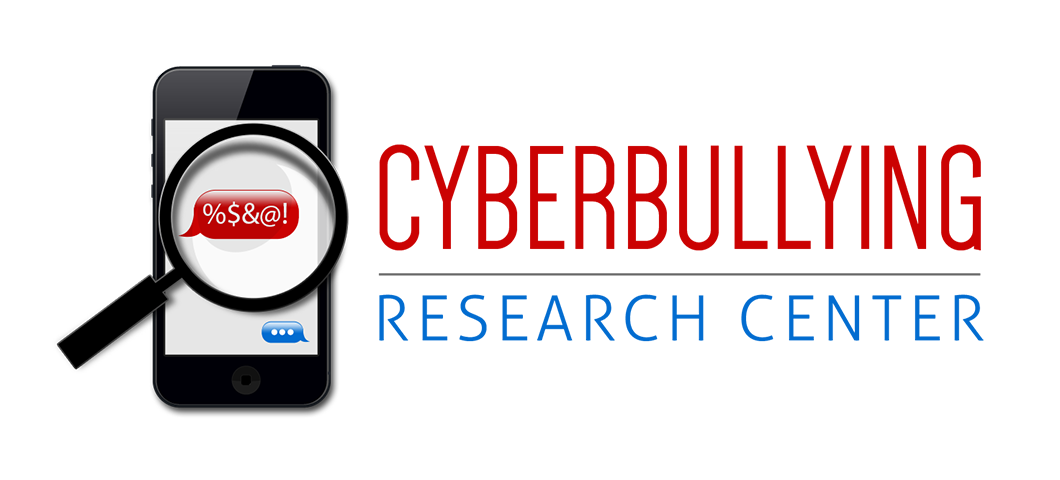
One of the more popular criminological theories floating around these days suggests that individuals engage in deviance as a response to experiencing stressful life events or strain. For example, youth who are abused at home or who break up with a serious significant other, or who move to a new town, are more at risk to participate in criminal activities. Of course not everyone who moves, experiences abuse, or loses a close friend, or any of the other myriad of stresses common in adolescence is destined to become a criminal. Contemporary strain theorists argue that when those strains lead to a feeling of anger or frustration, a deviant response is more likely. For more on this theory, see Agnew, 2006.
For the past couple of years, we have been trying to see whether this framework could be useful in explaining cyberbullying behaviors. We published an article in the Journal of School Violence last year that examined cyberbullying as a source of strain and found a significant relationship between cyberbullying and other offline problem behaviors (alcohol use, school problems, assault, etc.). That is, youth who experienced cyberbullying were at a greater risk to engage in problem behaviors at school and elsewhere. This relationship disappeared when we included other common measures of strain, suggesting that cyberbullying victimization could be a potent source of strain.
We are currently working on another paper that examines whether or not cyberbullying could also be a response to strainful experiences. The question here is: are youth who become angry or frustrated as a result of strain more likely to engage in cyberbullying? Youth may turn to cyberbullying as a way to seek redress for any perceived wrongdoing. That is, if I was being bullied at school (a source of strain) I might use technology to get the upper hand on my aggressor. Indeed, one of the most common reasons kids engage in cyberbullying is to get revenge. Kids who have no control over anything in their lives might feel as though they can exercise control over others using technology. Anyway, preliminary results indicate modest support for this hypothesis. We’re hoping to get this manuscript out to a journal sometime in the next couple of weeks. We’ll keep you posted.








Nice! Excellent idea to give folks a teaser of our manuscript! : )
I especially agree with your idea that cyberbullying may be a response to strainful life experiences. Especially during adolescence, individuals get picked on and teased about anything and everything, especially physical appearances. Imagine going through this day after day, and then finally having a screen to shield yourself with. You are no longer vulnerable to those attacks. You can be "anybody" when you log onto various chatsites. You can treat others with the same hostility and cruelty you have put up with for so long. I would be very interested to see if there is any type of scientific correlation between strainful life experiences and acting out as a cyberbully.
I would expect to see a strong positive correlation between social/personal strainful experiences and cyberbullying. My perception is that cyberbullying starts from a personal issue in the social life of an adolescent, which can be relieved through cyberbullying, like blogging online. Not having to talk things out with confrontation over these issues allows the aggressi to become the aggressor without an opposing view. The victim may or may not know that they are being owned somewhere in cyberspace. Relating to a personal issue, the cyberbully not only did this to vent but to also convince others and themselves that the individual’s actions were correct, or moral; following the neutralization theory. The cyberbully does not want to think they have acted immorally, and thus can convince all who reads otherwise without an opposing view…
This is a solid issue; I’m looking forward to the results!